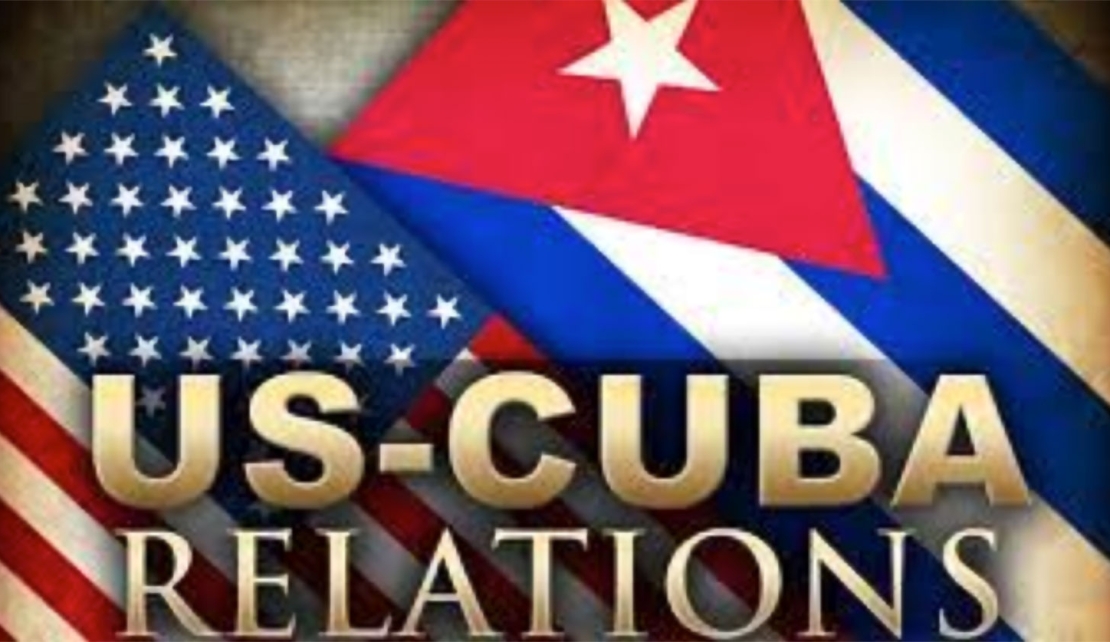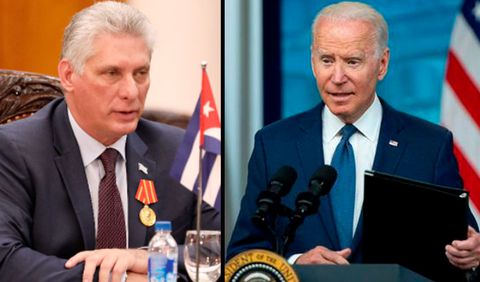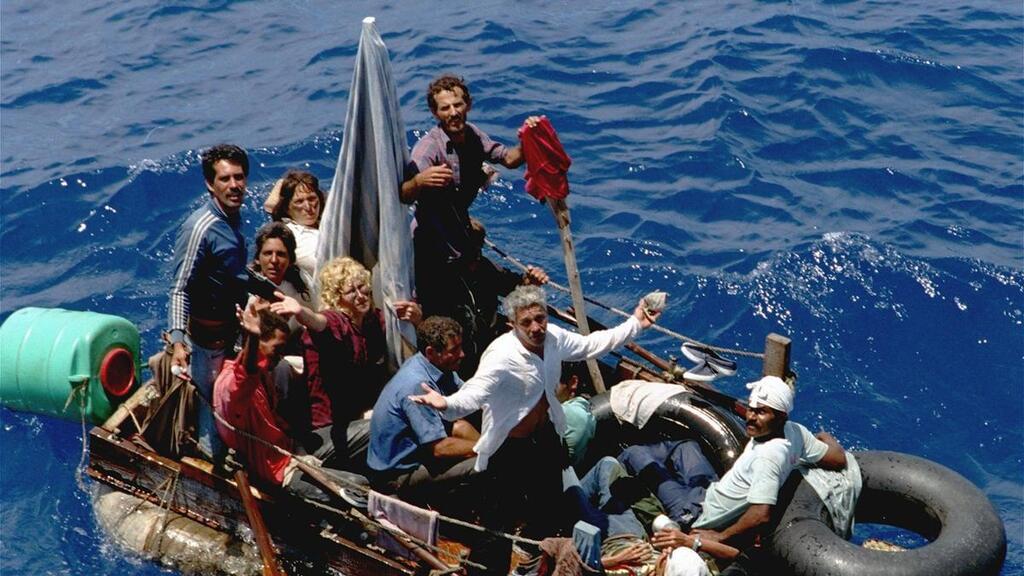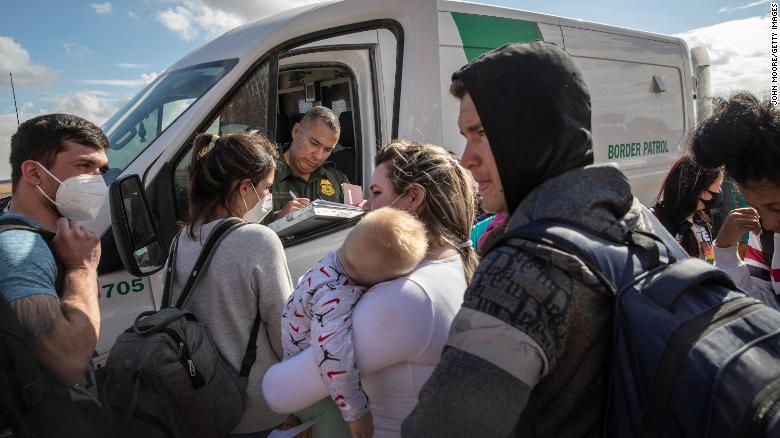UNITED STATES and Cuba to hold talks amid tensions over migration

HAVANA, Cuba, April 19, 2022 - (Prensa Latina) Cuba and the United States will hold a new round of migration talks next Thursday in Washington, the Cuban Foreign Ministry reported.
While the US State Department is tight-lipped about Thursday's talks, the Cuban Ministry of Foreign Affairs indicates that the Cuban delegation will be headed by Deputy Minister Carlos Fernández de Cossío.
The Cuban government has reiterated in multiple scenarios its commitment to an orderly and safe migration, and the willingness to dialogue so that a process that constitutes a human right can be exercised without obstacles or manipulations.
For the past five years the US executive has failed to comply with its commitment to grant at least 20,000 visas annually under bilateral agreements, and the few visas it grants through third countries even have limitations, such as those granted in the visitor category, which is only granted for one entry into the country.

So far this year, 1,680 citizens were returned to the island by sea and air from the United States, Mexico, Bahamas and Cayman Islands, according to Cuban authorities.
According to a Reuters report, The United States wants Cuba to take back more deportees from among the record numbers of Cubans arriving at the U.S.-Mexican border, according to a U.S. official and another source, speaking on condition of anonymity.
The Cuban government has not accepted deportation flights carrying Cubans from the United States for more than six months, a U.S. Department of Homeland Security (DHS) spokesperson said. As of March 26, there were about 40,000 Cubans in the United States with a final deportation order from an immigration judge, according to the spokesperson.
Cuba blames the United States for the uptick in irregular migration, saying Cold War-era sanctions and a decision to close the American consular section in Havana encourage Cubans to seek riskier routes off the island.
The State Department last month said it would again begin processing some visas for Cubans in Havana to start reducing the backlog after a four-year hiatus, but progress has been slow.

The talks are scheduled to be held just a day after U.S. Secretary of State Antony Blinken and regional counterparts are due to wrap up a conference on migration in Panama. Cuba is not due to attend that conference.
A record number of migrants attempted to cross the U.S.-Mexican border during Biden’s first year in office. American officials are preparing for even higher numbers this year.

U.S. border authorities apprehended more than 32,000 Cubans at the U.S.-Mexico border in March, roughly double the 16,500 caught in February, then the highest single-month total on record, according to U.S. Customs and Border Protection data.
Even as the United States and Cuba prepare to re-engage on migration, Biden administration officials are mindful that any easing of restrictions on Cuba could lead to political fallout from conservative Cuban Americans, a key voting bloc in south Florida.
Biden, who served as Obama’s vice president, promised during the 2020 U.S. election campaign against Trump to re-engage with Cuba, and many in both countries expected he would reverse some Trump-era restrictions. Biden instead imposed fresh sanctions on Cuban officials in response to Havana’s crackdown on protesters following widespread marches on the island last July.
Thousands of people took to the streets of Cuban cities, voicing anger over shortages of basic goods, curbs on civil liberties and the handling of the COVID-19 pandemic by authorities. Some called for political change.
-30-
